“Geopolitics of Internationalisation of Higher Education in the Context of Conflict: Evidence from Kazakhstan”
Published in the journal Globalisation, Societies and Education, this article is a major output of CARCEIT’s Education Impact Project 2: Exploring STEM Students’ International Mobility in Kazakhstan in the Context of Geopolitical Tensions.
Why This Study Matters
In an era marked by increasing geopolitical conflict and global instability, higher education institutions around the world face new challenges in sustaining and advancing internationalisation. This timely study offers an in-depth examination of how Kazakhstani universities are navigating these disruptions.
🔗 Read the full article here:
https://www.tandfonline.com/doi/full/10.1080/14767724.2025.2536293
🧪 The study explores STEM teachers’ agency for gender equality in Kazakhstan — a critical look at how teachers can (or can’t) challenge stereotypes and support girls in STEM.
📌 Why it matters:
Girls may outperform boys in STEM subjects at school, but deep-rooted biases and limited teacher support still hold them back from STEM careers. This paper highlights urgent gaps in teacher training and policy that must be addressed.
Read the full article here: https://www.sciencedirect.com/science/article/pii/S088303552500059X
This systematic review protocol investigates the effects of Positive Psychological Interventions (PPIs) on the mental health and well-being of children aged 0–7 years. The review follows PRISMA-P guidelines and uses robust selection, synthesis, and bias assessment methods. Findings will help shape future ECEC policy and practices, contributing to enhanced mental health outcomes for young children.
Read the full article here: https://authors.elsevier.com/sd/article/S2666-3740(25)00029-9
27 March 2025
As part of the CARCEIT ICEP 2 project “Nurturing Young Minds: Exploring the Role of Positive Early Childhood Education and Care (ECEC) in the Health and Well-being of Young Children in Kazakhstan," Aiida Kulsary, Professor Daniel Hernandez-Torrano and Dr. Laura Ibrayeva co-authored Chapter 13 titled “Navigating Transformations: Early Childhood Education and Care in Kazakhstan.” The chapter has been published in the Brill volume Teachers and Teacher Education in the Post-Soviet Context of Kazakhstan, edited by Professor Tsediso Michael Makoelle and Dr. Kairat Kurakbayev. Click on the title for more details.
11 November 2024
As part of the CARCEIT alumni grant, Dr. Dinara Mukhamejanova and Dr. Gulfiya Kuchumova have published an article exploring how faculty at private universities in Kazakhstan are adapting to separate teaching and research career tracks. This shift, aimed at boosting productivity and competitiveness, offers insights into the evolving academic landscape in Kazakhstan, examining faculty experiences, performance evaluation, and career advancement. Click on the title to access the full text.
5 September 2024
CARCEIT is excited to announce the release of a new publication co-authored by Akmaral Karabay, Dr. Saltanat Akhmetova, and CARCEIT Director Professor Naureen Durrani.
Domestic violence intensifies during crises, with existing gender inequalities worsened. This qualitative study examines how professionals in Violence Against Women (VAW) organizations in Kazakhstan adapted during the COVID-19 pandemic. Based on interviews with 45 professionals, the study highlights challenges such as reduced capacity, increased demand, remote service shifts, and funding cuts. It underscores the critical role of VAW organizations in both crisis and stable times and offers strategies to help achieve SDG 5.2 (ending violence against women) and SDG 3.8 (access to healthcare and support).
Funded by Nazarbayev University (Grant No. 021220CRP1122, awarded to Naureen Durrani)
Akmaral Karabay and CARCEIT director Professor Naureen Durrani have published a bibliometric study on the evolution of English Medium Instruction (EMI) in higher education. The study examines 1522 publications in the Scopus database to explore the intellectual, conceptual, and social structure of the EMI literature in higher education.
Nazarbayev University ranks as the second most productive institution in EMI research, boasting 36 publications. Notably, it stands as the only representative from the post-Soviet region among the top universities making significant contributions in this field.
This research was funded by Nazarbayev University via Grant no. 021220CRP1122 awarded to Naureen Durrani and the Global Challenges Research Fund (GCRF) via the Arts and Humanities Research Council (grant number AH/T008075/1).
27 August 2024
CARCEIT director Naureen Durani and Zhadyra Makhmetova have published the findings of their study on Kazakhstan's school leaders' well-being during times of crisis. The study revealed significant challenges they face, including gender biases and limited resources. Analyzing responses from 1,299 school leaders, the research identifies key factors affecting their well-being, particularly for female leaders.
Findings underscore the importance of integrating crisis management courses in professional development, implementing policy initiatives to handle contextual factors like equitable resource distribution and increased school autonomy, promoting self-care practices, and advocating for gender perspectives in institutional policies to bolster support for women school leaders.
Many thanks to PEER Network for funding the APCs.
2 August 2024
CARCEIT is happy to announce a publication by Dr. Ainur Almukhambetova and her team. This qualitative interview-based study explores the changes in STEM students’ intentions to pursue international mobility in the context of the Russia-Ukraine war and the factors related to their mobility decisions.
The findings suggest that in situations with military conflict, STEM students are ‘pulled’ and ‘pushed’ to make decisions under the influence of the factors located both on the receiving and domestic sides, and the decisions of whether to pursue international mobility were primarily driven by safety, financial, and social tension concerns.
Dr. Jonas Cruz and his research team published the findings of their qualitative study aiming to explore the perspectives of Kazakhstani healthcare professionals on environmental sustainability in healthcare.
The findings highlighted the perceptions and practices of healthcare professionals on environmental sustainability's purposes in healthcare, its impacts on patients and its implementation challenges. The study also underscored the critical role of strong and active leadership in ensuring a sustainable implementation of green policies in healthcare facilities and achieving successful results of environmentally conscious healthcare practices.
Dr. Gulzhanat Gafu and her team have published the paper that explores the concept of education for sustainable development (ESD) in educational policy in Kazakhstan by employing a qualitative content analysis of the national and institutional level policy documents. The review of national and institutional policies reveals a fragmented integration of ESD principles, with only partial inclusion of elements such as active citizenship, lifelong learning, healthy lifestyles, and student government.
This finding resonates with international discourse highlighting that sustainability and ESD concepts are still evolving. Kazakhstan's case reflects the need for a more comprehensive and systematic approach to ESD implementation.
6 April 2024
CARCEIT is thrilled to announce a pivotal publication by our researchers, Dr. Daniel Hernández-Torrano and Dr. Laura Ibrayeva, in The Asia-Pacific Education Researcher, shedding light on the mental health dynamics within higher education. This comprehensive study, involving 2262 university students, employs a person-centered approach to delineate the complex landscape of student well-being. This research not only identifies four distinct mental health profiles but also highlights the urgent need for tailored interventions and policies in the academic realm. As we delve into the implications of this study, it becomes clear that a collaborative effort is required to address the complexities of student mental health.
A must-read for educators, policymakers, and mental health professionals.
CARCEIT is excited to announce the publication of an article by Dr. Jonas Cruz, principal investigator, and his research team. The article, titled “Environmental Sustainability in Healthcare: A Qualitative Study of the Perspectives of Nursing, Medical, and Public Health Students in Kazakhstan,” has been published in the Nurse Education in Practice (NEP) journal. NEP is a Q1 journal in Social Sciences (Education) and Nursing (General Nursing). The study investigated the perspectives of nursing, medical, and public health students on environmental sustainability in healthcare. Dr. Cruz's study is a component of the broader CARCEIT Educational Innovation and Transformation Project (EITP) on "The Qaz Green Health Project: Developing Environmental Sustainability in Healthcare Competence of the Present and Future Healthcare Workforce in Kazakhstan.”
22 March 2024
The paper titled "The political economy of education in Central Asia: exploring the fault lines of social cohesion" has been published in Globalisation, Societies, and Education. The authors of this paper are PhD student Vanessa Ozawa, Professor Naureen Durrani, and Dr. Hélène Thibault from the School of Humanities and Social Sciences. The study delves into the political economy analysis of education in the mentioned Central Asian countries, exploring the intricate connections between politics, economy, society, and education policy. The aim of the study is to illuminate the impacts of post-Soviet education reforms on social justice and cohesion.
CARCEIT team member Peter Shon, Ph.D., has contributed his chapter titled "Higher Education Reforms and Policy Context: Implications for Leadership in Kazakhstan" to the book "Redefining Educational Leadership in Central Asia," which was unveiled at the CIES Conference in Miami on March 14th.
The book provides politicians, researchers, graduate students, and practitioners with a resource of knowledge and insights that can be used to analyze and revise leadership policies and practices in the face of rapid change and increased expectations from these leaders. The book is a long-awaited supplement to the existing literature on education leadership in this region, where there is little research on this critically important topic. The broader implications this book will propose for policy reform and leadership will attract audiences from other countries around the world.
On March 5th 2024, the Central Asia Hub of the Political Economy of Education Research Network (PEER Network) hosted a Book Launch Event at Nazarbayev University, following the publication of their book entitled “The Political Economy of Education in Central Asia.” Professor Naureen Durrani, Director of both CARCEIT and PEER Network, served as a co-editor alongside Associate Professor Hélène Thibault from the School of Sciences and Humanities, Political Science and International Relations at Nazarbayev University.
This open access book is intended as an original contribution to the conversation on the role and challenges of education in Central Asia to promote social cohesion by looking at Kazakhstan, Tajikistan and Uzbekistan.
January 2024
Professor Naureen Durrani and PhD student Vanessa Ozawa have co-authored a publication titled “Education in Emergencies: Mapping the Global Education Research Landscape in the Context of the COVID-19 Crisis.” This study adopts an education in emergencies perspective to examine the global educational research scenario during the COVID-19 pandemic. The study brings attention to the inequalities in research representation, identifies significant themes in education and COVID-19 research, and underscores the necessity for more comprehensive and impactful studies to influence a robust and fair education system.
Following the completion of the induction-week guideline manual in English, Russian, and Kazakh languages, Merey Tursanbayeva and Anar Abildina, alumni of Nazarbayev University Graduate School of Education (NU GSE), conducted orientation training at De Montfort University, Suleyman Demirel University, and Almaty Management University. A manuscript outlining the project was submitted to the research journal of Al Farabi Kazakh National University in January 2024.


